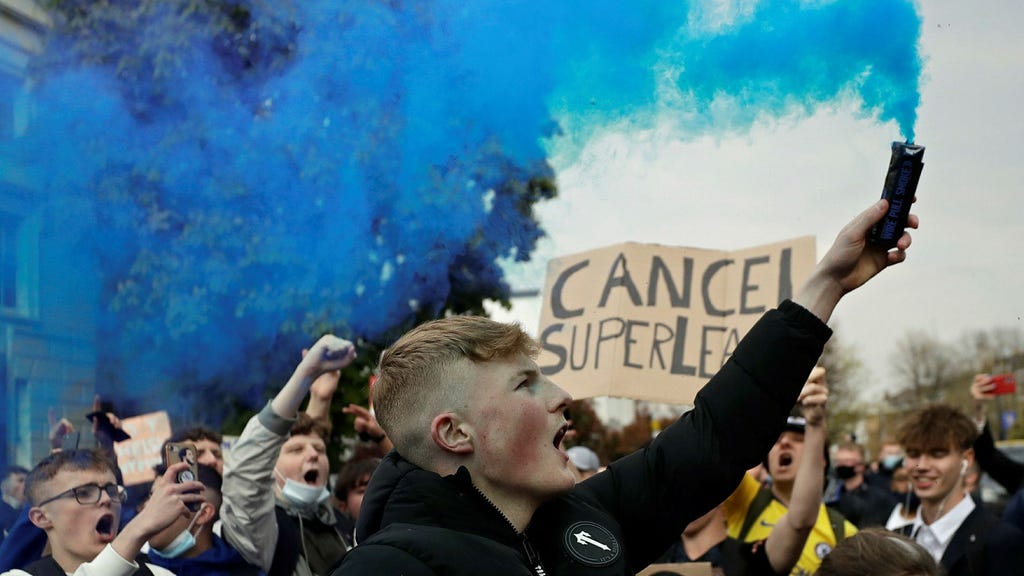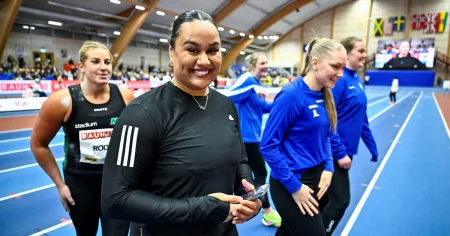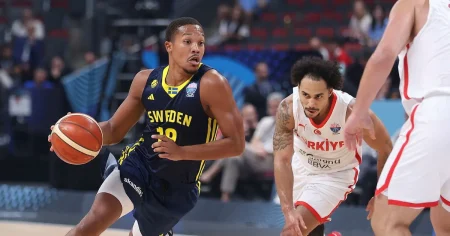The tumultuous saga of the European Super League took a dramatic turn in 2021 when twelve elite football clubs announced their intention to form a breakaway competition, challenging the established authority of UEFA and FIFA. The initial announcement on April 18, 2021 sparked immediate and widespread condemnation from fans, politicians, and even royalty, forcing the project to collapse within 48 hours. The fervent opposition stemmed from fears of a closed league format that would threaten the existing football pyramid and potentially diminish the importance of domestic leagues. Figures like then-UK Prime Minister Boris Johnson, French President Emmanuel Macron, and Prince William voiced their disapproval, adding significant weight to the public outcry. The swift demise of the Super League in its initial form appeared to signal a victory for traditional football structures.
However, the narrative shifted significantly in late 2023 with a landmark ruling by the European Court of Justice (ECJ). The court declared that UEFA and FIFA’s monopoly on organizing football competitions contravened EU competition law. The ECJ’s decision rested on the argument that the governing bodies lacked a transparent, objective, non-discriminatory, and proportionate framework for their regulations, effectively opening the door for alternative competition structures. This legal victory breathed new life into the Super League concept, prompting A22, the company behind the initial project, to re-emerge with a revised proposal.
A22’s new proposal, submitted to FIFA and UEFA for official recognition, seeks to address the criticisms levelled at the original Super League. Dubbed the ”Unify League,” it proposes a multi-tiered system encompassing 96 men’s clubs and 32 women’s clubs. The men’s competition would be divided into four leagues: Star League, Gold League, Blue League, and Union League, while the women’s competition would consist of Star League and Gold League. A key distinction from the original Super League is the removal of guaranteed places for founding clubs, ostensibly addressing the concern of a closed competition that would stifle competition and limit opportunities for other clubs.
The Unify League proposal is framed as a solution to various challenges facing contemporary football. A22 CEO Bernd Reichart argues that the new structure would address issues such as rising subscription costs for fans, inadequate investment in women’s football, and dissatisfaction with existing tournament formats. By expanding the number of participating clubs and creating a multi-tiered system, the Unify League aims to provide more opportunities for clubs to compete at a high level while also generating greater revenue to be distributed throughout the football ecosystem. A22 emphasizes that the proposal is the result of extensive consultation with various football stakeholders, suggesting a more collaborative approach compared to the secretive nature of the original Super League announcement.
The shift from the initial Super League to the Unify League proposal reflects a strategic recalibration by A22. The new format attempts to address the core concerns that led to the swift rejection of the 2021 project. The emphasis on a multi-tiered system with promotion and relegation, the inclusion of a women’s competition, and the stated intention to address issues like fan costs and investment in grassroots football signal a more conciliatory approach. Whether these changes are sufficient to win over fans, governing bodies, and other stakeholders remains to be seen. The ECJ ruling provides a legal basis for challenging the existing power structures, but the ultimate success of the Unify League will depend on its ability to garner wider support within the football community.
The future of European football remains uncertain as the Unify League proposal navigates the complex political and legal landscape. The ECJ ruling has created a window of opportunity for alternative competition structures, but the legacy of the 2021 Super League fiasco casts a long shadow. A22 faces the challenge of convincing fans and other stakeholders that the Unify League represents a genuine improvement over the status quo and not simply another attempt to create a closed shop for elite clubs. The debate over the future of European club competitions is likely to continue for some time, with the Unify League proposal serving as a catalyst for further discussion and potential transformation.














